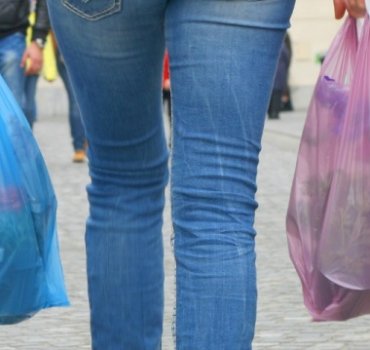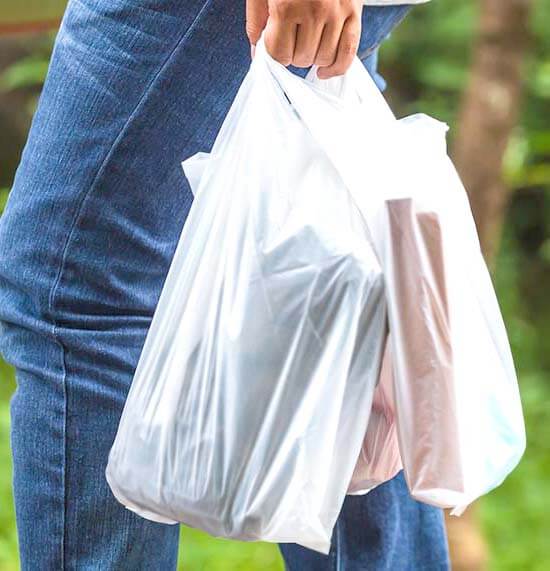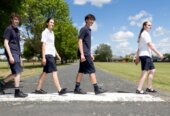
 Two volunteers from Plastic Free Cambridge sewed and donated around 30 reusable produce bags to a Cambridge grocery store to replace the recently banned plastic produce bags.
Two volunteers from Plastic Free Cambridge sewed and donated around 30 reusable produce bags to a Cambridge grocery store to replace the recently banned plastic produce bags.
The ban was introduced in an attempt to “reduce plastic waste, improve our recycling systems and protect our environment”, according to the Ministry for the Environment.
Sam Brydon and Lesley Galbraith, members of the Plastic Free Cambridge group, made the reusable bags for VegeFresh in Cambridge.
Brydon said she decided to get help to sew the bags after hearing that VegeFresh dealt with some unhappy customers, who were not prepared with their own bags and were unaware of the change.
“People definitely did not take it well when all the bags disappeared overnight”, she said.
Waipā District Council also assisted stores and shoppers with the change by distributing 4000 cotton mesh reusable bags to grocery stores in the Waipā district.
The donated bags were quickly snatched up, and shoppers began to opt for less sustainable produce bag options, such as the brown paper bags distributed by VegeFresh.

Woman hold the plastic bags and walk on the street in the park
“I have seen a few more customers remembering to bring their own reusable bags, but not many,” Brydon said.
“Paper bags are problematic of course because not only do they cost the shop more, but they have a higher carbon footprint and can almost never be reused”.
The plastic produce bag ban is the second step in a plan to phase out all “hard-to-recycle and single-use plastics”. The first step was taken in October 2022 and saw a ban placed on plastic products such as PVC food trays and plastic stemmed cotton buds.
As well as plastic produce bags, the ban will also include plastic straws, plastic cutlery, plates, bowls, and plastic fruit stickers. All other PVC and polystyrene food and drink packaging is scheduled to be phased out in 2025.
Waipā District Council’s waste minimisation advisor Sally Fraser the change doesn’t have to be at any cost to businesses or shoppers.
“People can use bags they already have or embrace ‘nude food’ by putting produce directly into a trolley or basket”.
Brydon and Plastic Free Cambridge members have made some suggestions for alternatives to plastic produce bags that most shoppers will have access to.
“The most long-lasting solution is to make or buy reusable mesh bags. Net curtain offcuts can be found at curtain shops or in op shops, and sewn into simple drawstring bags”, said Brydon.
Plastic Free Cambridge members also suggested old courier bags, bread bags, and at a push even a sock or scarf.
Members also advised shoppers to not use anything at all when only buying a few items. Small items can simply be carried to the car, and even pocketed, given big enough pockets.
Brydon said that while the change is difficult, it’s also necessary.
“It’s always difficult adapting to changes, but remembering to take reusable produce bags can become a habit, just as shopping bags did.
“People are going to need to make ongoing changes to reverse the damage that unsustainable but convenient practices have done to the planet”.
- Sarah Morcom is a Wintec journalism student.








